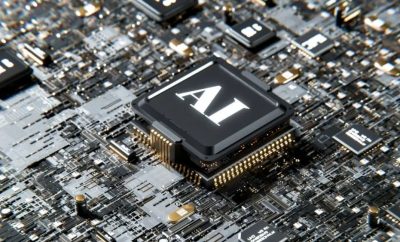
Scientists Discovered ‘Mini-Computers’ in Human Neurons—and That’s Great News for AI
With just their input cables, human neurons can perform difficult logic calculations previously only seen in entire neural networks. To restate: human neurons are far more powerful devices than originally thought. And if deep learning algorithms—the AI method loosely based on the brain that’s taken our world by storm—take note, they can be too.
Those are unconventional, fighting words.
For 70 years, neurons were considered the basic computational unit of the brain. Yet according to a new study published this month in Science, the neurons in our cortex, the outermost “crust” of our brain, seem to have uniquely evolved to sustain incredibly complex computations in their input cables. It’s as if someone finally obtained proof that your computer’s electrical wiring is actually made up of mini-processors, each performing calculations before sending results to a CPU.
It’s weird. It’s controversial. But it has also just been seen for the first time in human neurons.
As the authors conclude: we long assumed that a neuron could only operate logical functions such as AND and OR, whereas more complex computations required entire networks. We find that activity in a neuron’s input cables can support complex logical operations using completely different rules than a single neuron.
So why should we care? Fundamentally, it has to do with intelligence—why we stand out among the animal kingdom, and how we can potentially replicate that intelligence with AI.
Συνέχεια ανάγνωσης εδώ




